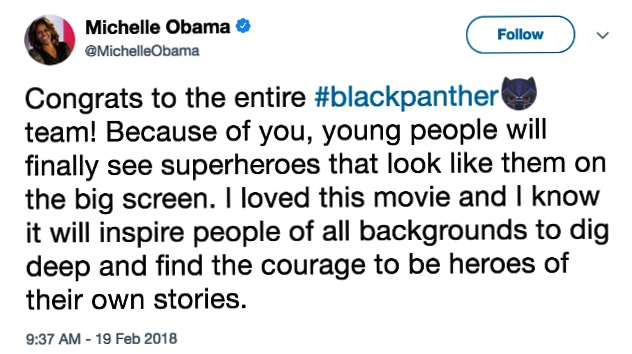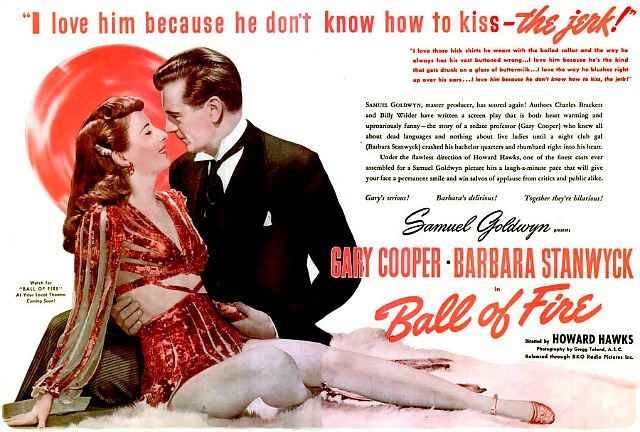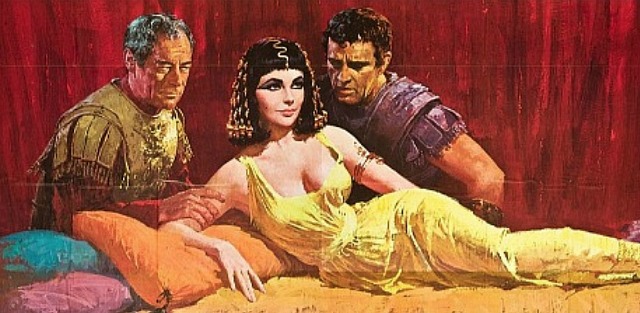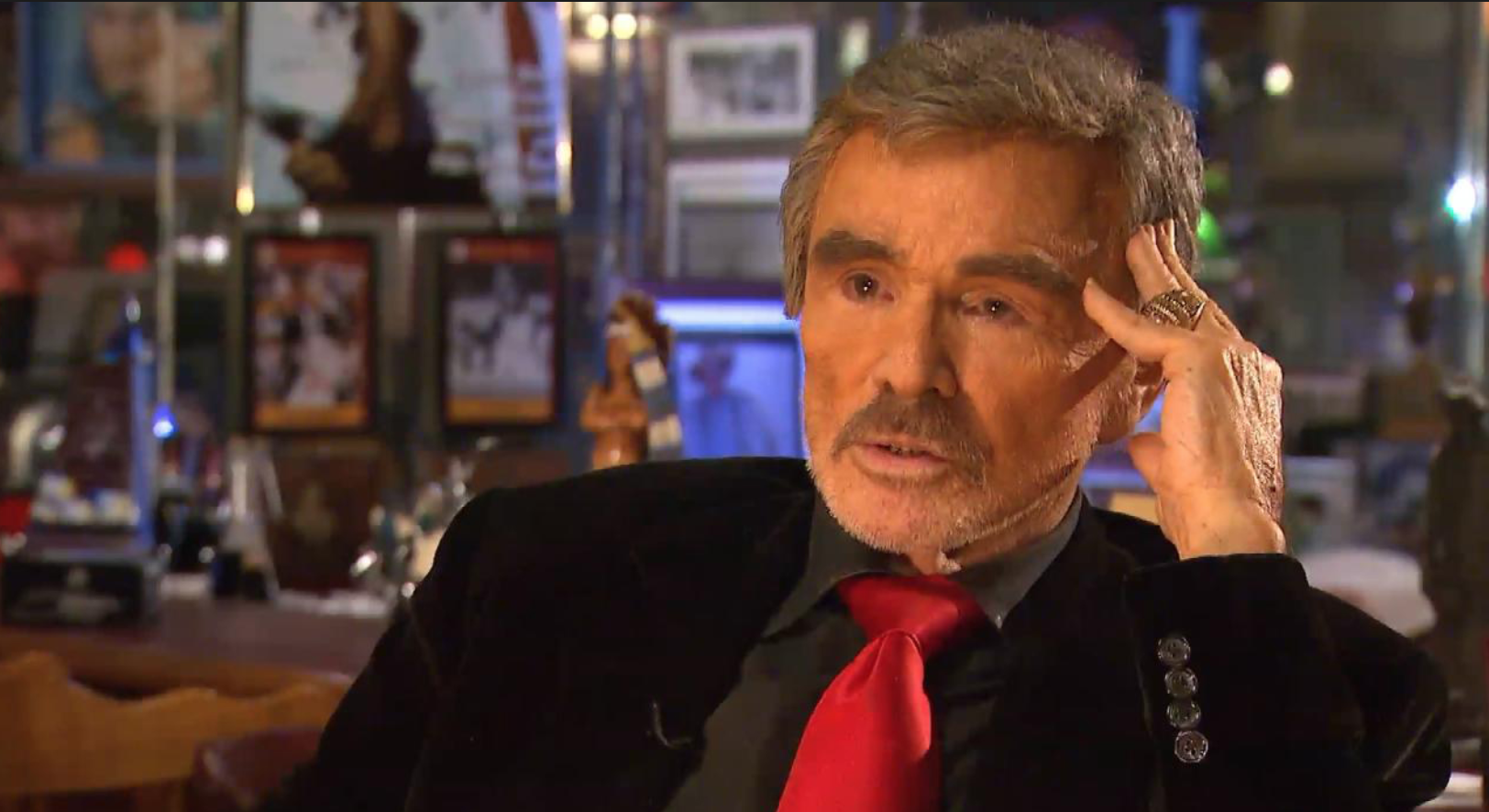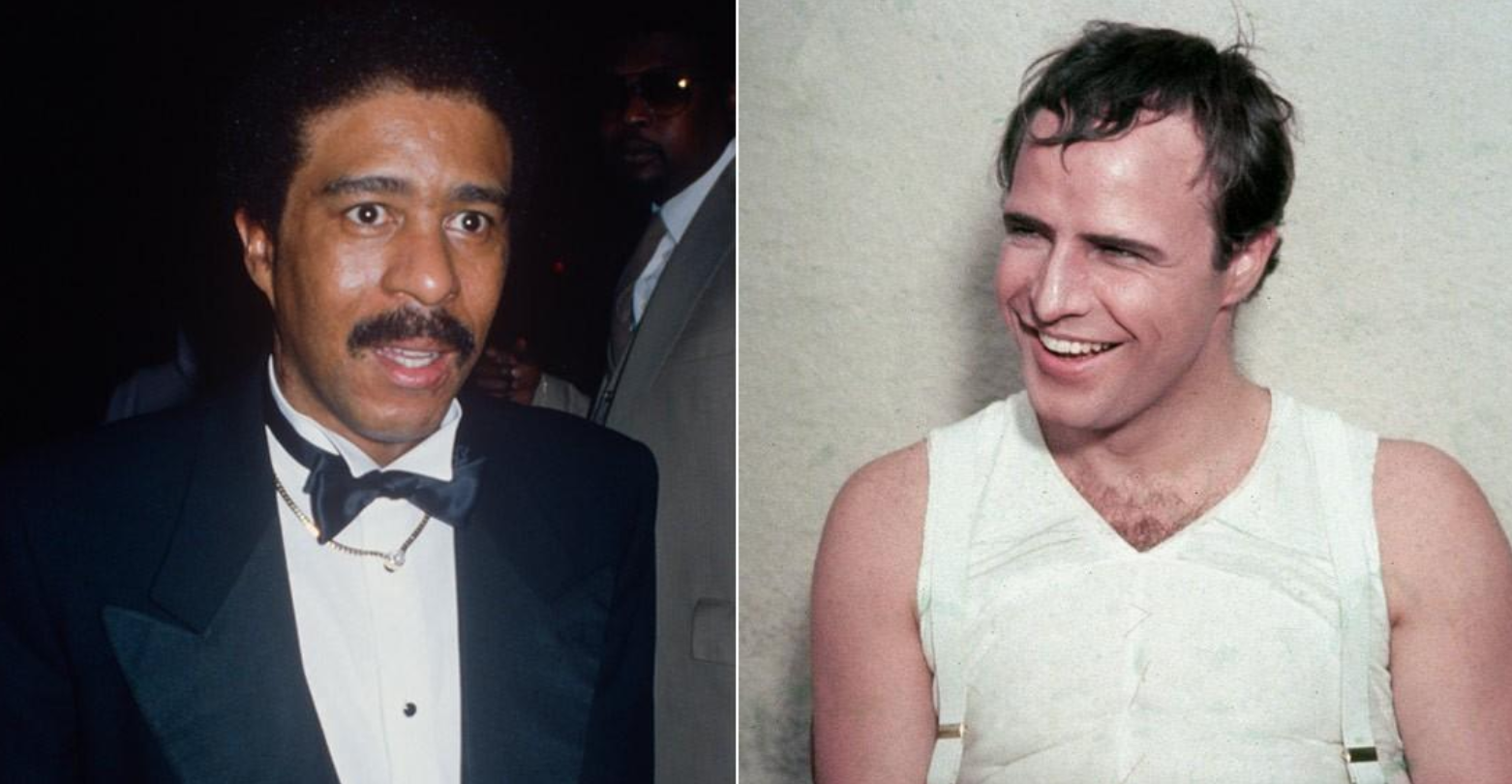I’m looking forward to finally seeing Eugene Jarecki‘s The King within the next few weeks. I’ve missed it twice so far — a somewhat longer version that premiered at last May’s Cannes Film Festival under the title The Promised Land, and a tightened version that played Sundance ’18 under the current title. Oscilloscope will be releasing Jarecki’s doc “later this year,” according to Variety‘s Dave McNary in a piece that ran on 1.17.
Jarecki says the Cannes version “wasn’t finished” and that people who’ve seen both versions have found it “hugely changed.”
Condensed logline: “A musical road trip across America in Elvis Presley‘s 1963 Rolls Royce, and a doc that explores how a country boy lost his authenticity and became a king while his country lost her democracy and became an empire.”
Extended logline: “Featuring cameos from the likes of Alec Baldwin, Chuck D, Emmylou Harris, Ethan Hawke and Mike Myers and set 40 years after Presley’s death, the doc is about Jarecki recalling the country Presley left behind. From the deep south to New York, Las Vegas and beyond, a tapestry of luminaries and unknown Americans join the journey, expressing themselves in words and song.”
Excerpt from David Ehrlich’s Indiewire review, filed on 5.20.17: “A documentary as sprawling and brilliant and flawed as the country it traverses, The Promised Land is a fascinatingly overstuffed portrait of America in decline.
“In the process, it’s also (a) a biography of the 20th century’s most famous musician, (b) a story about how a man became king of a democratic nation, (c) a nuanced analysis of cultural appropriation in a multi-racial society, (d) a southern-fried rock n’ roll performance piece, (e) a horrifyingly sober look at the rise of Donald Trump, (f) a closed-casket funeral service for The American Dream, (g) the best recent film about how the hell we got here and more. So much more.

